
Managing Business Data, Information and Knowledge
Businesses are swimming (or maybe that’s drowning) in a sea of data. Sales figures, customer interactions, marketing campaign results – the list goes on. But data alone isn't enough. The true power lies in transforming this raw material into actionable information and, ultimately, into valuable knowledge that can fuel informed decision-making, innovation, artificial intelligence (AI) and competitive advantage.

Generative AI, Green Tech and Climate Change
Generative AI has the potential to revolutionize the development of green technology and contribute significantly to our understanding and mitigation of climate change. By leveraging the power of machine learning algorithms, generative AI can help create, optimize, and discover new sustainable solutions, making it a valuable tool in the fight against climate change. We can accelerate the development of innovative green technologies and gain a deeper understanding of the complex processes driving climate change. This, in turn, will enable us to make more informed decisions and implement effective strategies to mitigate the impacts of climate change and build a more sustainable future.

Internet Search in the Age of AI
Generative AI is revolutionizing the way we interact with the internet, offering a transformative leap from the traditional search engine experience. Traditional search engines, while effective in navigating the immense data available online, often present users with a list of links, requiring them to sift through multiple pages to find the information they need. This process can be time-consuming and sometimes ineffective, especially when dealing with complex queries or seeking comprehensive understanding on a topic (and of course not mentioning the amount of “sponsored” links that pollute search results). In contrast, generative AI, exemplified by tools like Perplexity, is redefining this experience by synthesizing data and delivering proactive, tailored feedback directly to users.
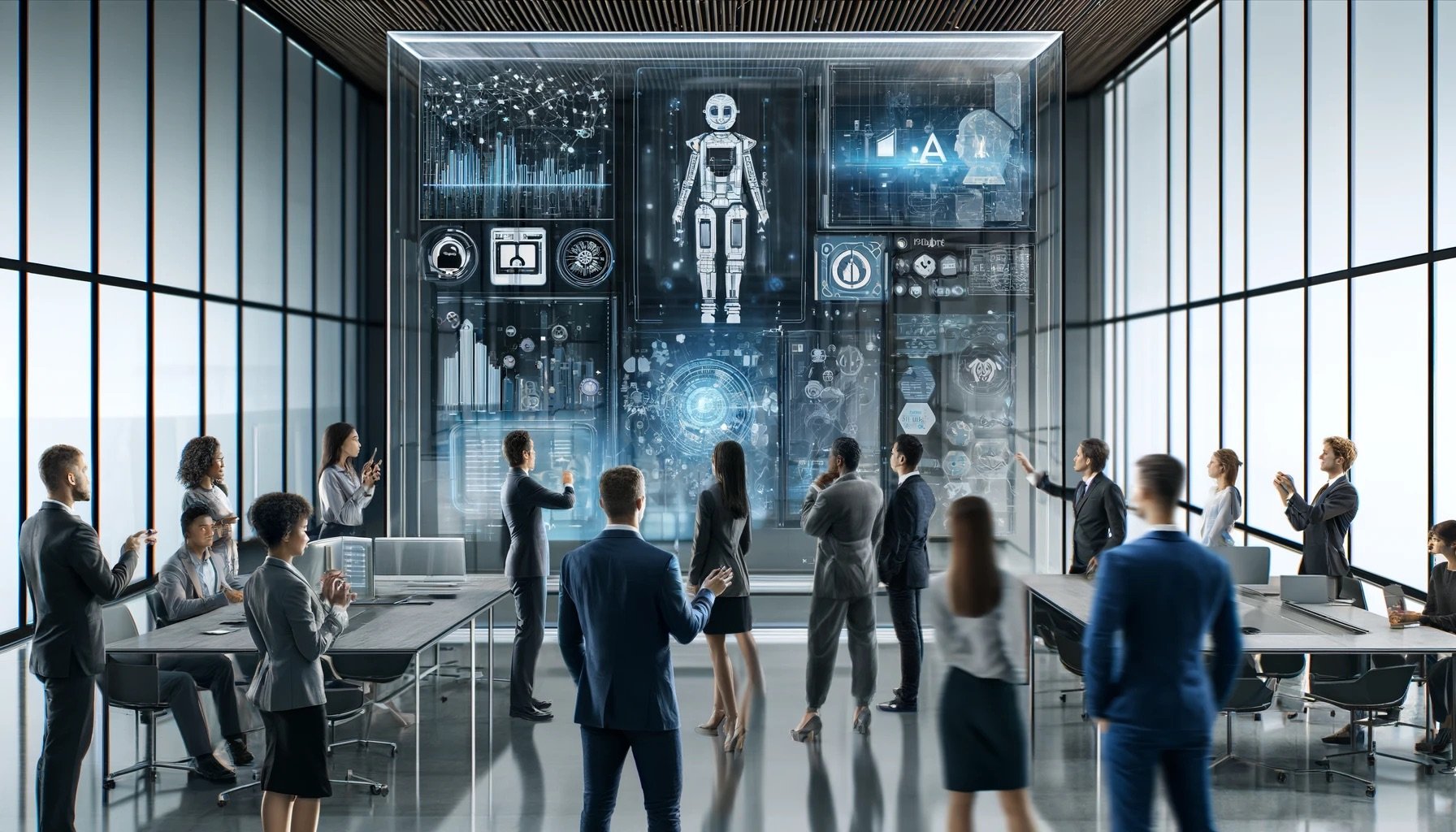
Generative AI in the Enterprise
The past year, with its explosion of generative artificial intelligence (GenAI) based tools, has created a lot of buzz around the business potential of artificial intelligence (AI). The use of AI enabled technology is not new of course, but until the broad exposure created by GenAI, it remained mostly “behind the scenes”. Business functions related to analyzing data and automating tasks were in common use in business prior to the public release of GenAI in 2022.

Building an AI-Ready Organization: The Keys to Successful Enterprise AI Adoption
Introducing an AI-ready organization involves more than just implementing new technologies; it's about cultivating an environment where AI can thrive and deliver substantial value. The keys to successful enterprise AI adoption tie directly to broad leadership buy-in, and the importance of having senior executives that champion AI initiatives. In addition, implementing strategies for fostering a culture that embraces change and innovation is crucial for integrating AI into daily operations.

AI for Architecture, Engineering and Construction
The integration of Artificial Intelligence (AI) and generative AI into the Architecture, Engineering, and Construction (AEC) industry represents a transformative shift, leveraging advanced technologies to improve the efficiency, sustainability, and creativity of building processes. AI and generative AI are impacting every stage of a project from conceptual design to facilities management.
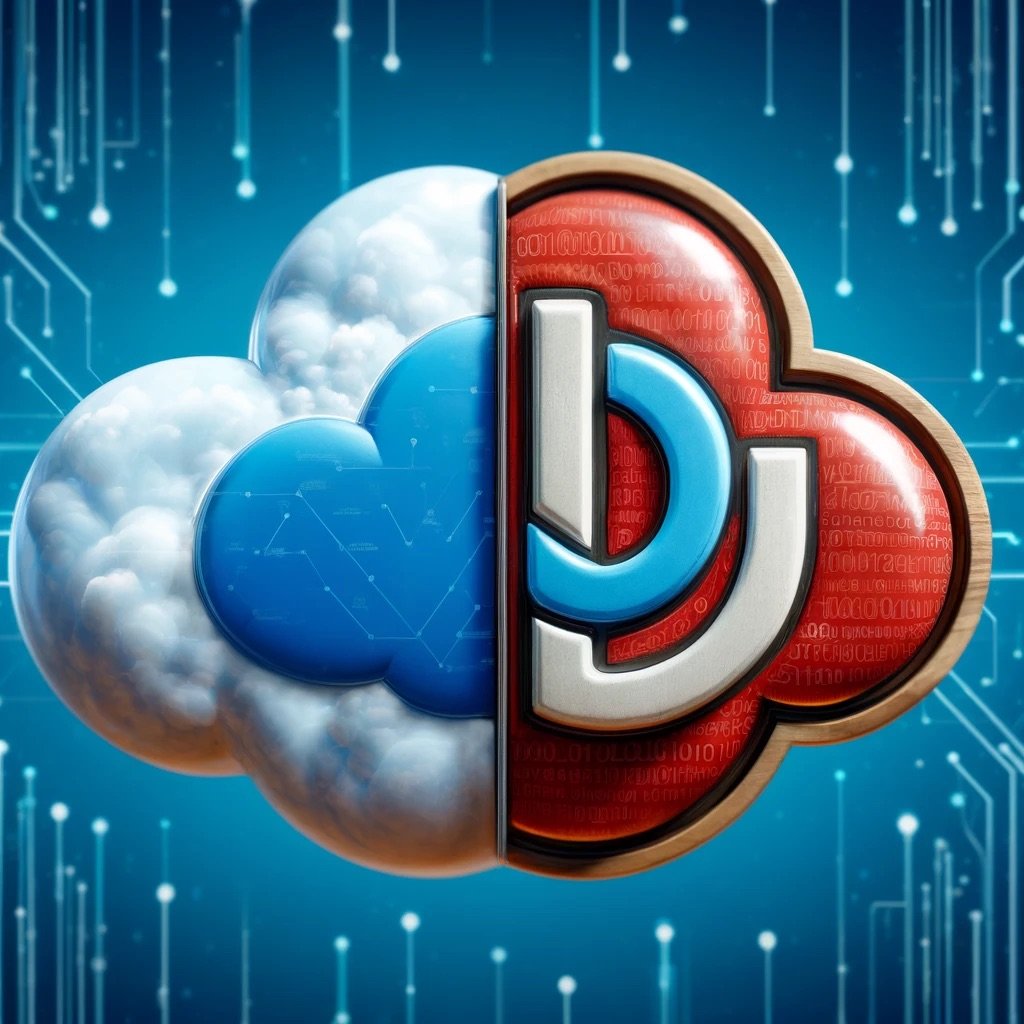
UPDATED - Salesforce-Informatica Acquisition Rumors: A Look at Potential Benefits
Over the past two weeks, rumors swirled about Salesforce being in advanced talks to acquire Informatica for over $11 billion. I’ve seen several articles on the potential acquisition and hadn’t planned to add to them, but as I read more and thought about the acquisition, I decided to jump in. This acquisition is seen as a strategic expansion into data management, particularly to enhance Salesforce's capabilities in generative artificial intelligence (GenAI) and predictive analytics. Informatica's Intelligent Data Management Cloud (IDMC) would be a key asset in this potential acquisition. IDMC's robust data ecosystem and metadata-rich platform, including Claire, its active metadata-driven machine learning engine, could significantly bolster Salesforce's existing AI functionalities and data management offerings.
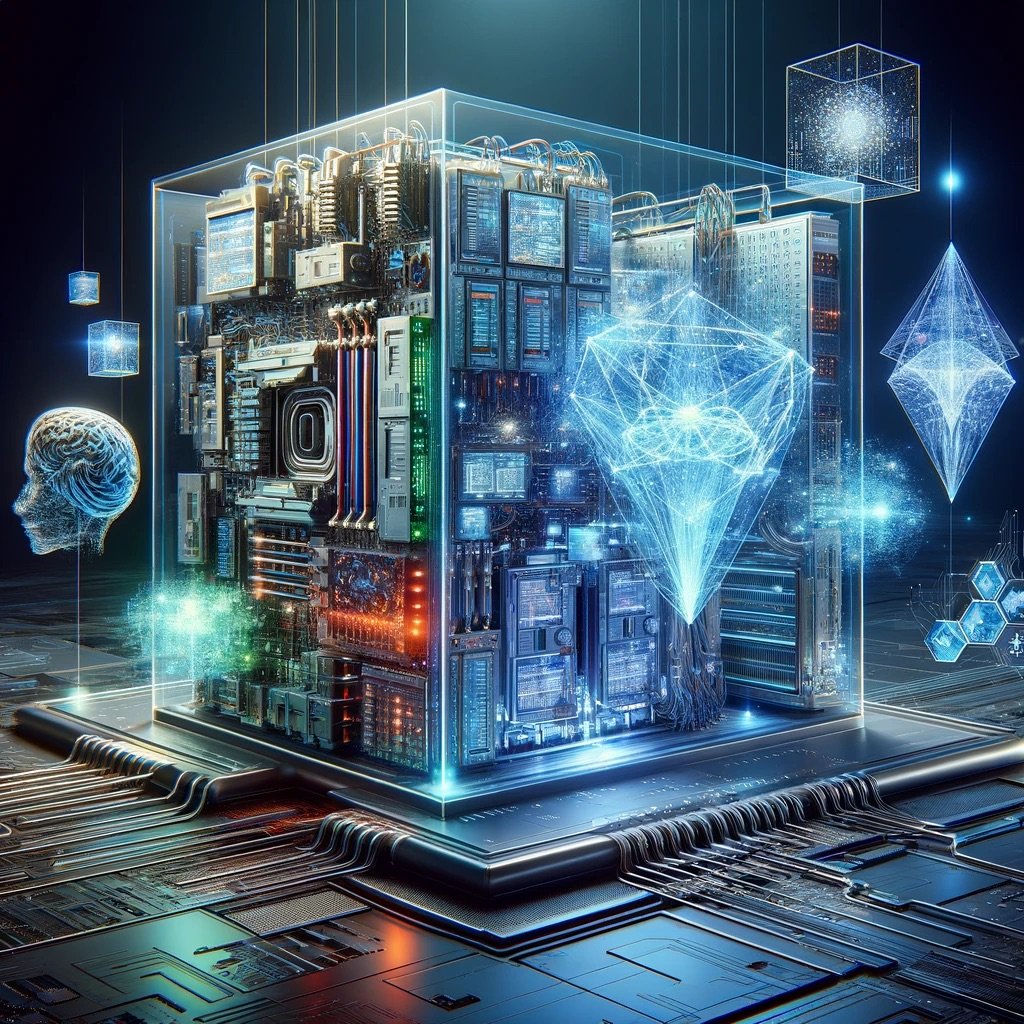
Beyond Large Language Models; The Large Action Model
Large Action Models (LAMs) are a new advancement in AI that builds upon the capabilities of Large Language Models (LLMs). LAMs leverage a combination of existing AI technologies to bridge the gap between understanding language and taking action in the digital world.

Generative AI in Healthcare: Enhancing Diagnosis and Treatment with AI-Generated Insights
The integration of artificial intelligence (AI) in healthcare has revolutionized the way medical professionals analyze data and identify patterns. Traditional AI systems have long assisted in sorting through vast amounts of health data, from patient records to imaging and genetic information. These systems excel in identifying trends, predicting patient outcomes, and aiding in diagnosis by analyzing structured datasets. However, the introduction of Generative AI marks a significant leap forward. Generative AI, which includes technologies capable of creating content or generating new data based on training from existing data, is now enhancing the landscape of diagnosis and treatment. This type of AI can simulate patient responses to various treatments, generate realistic medical images for training and diagnosis, and offer novel insights that were previously inaccessible. Generative AI, while presenting several challenges, is being applied in healthcare to great benefit, and ultimately has a role in providing more effective and personalized medical interventions.
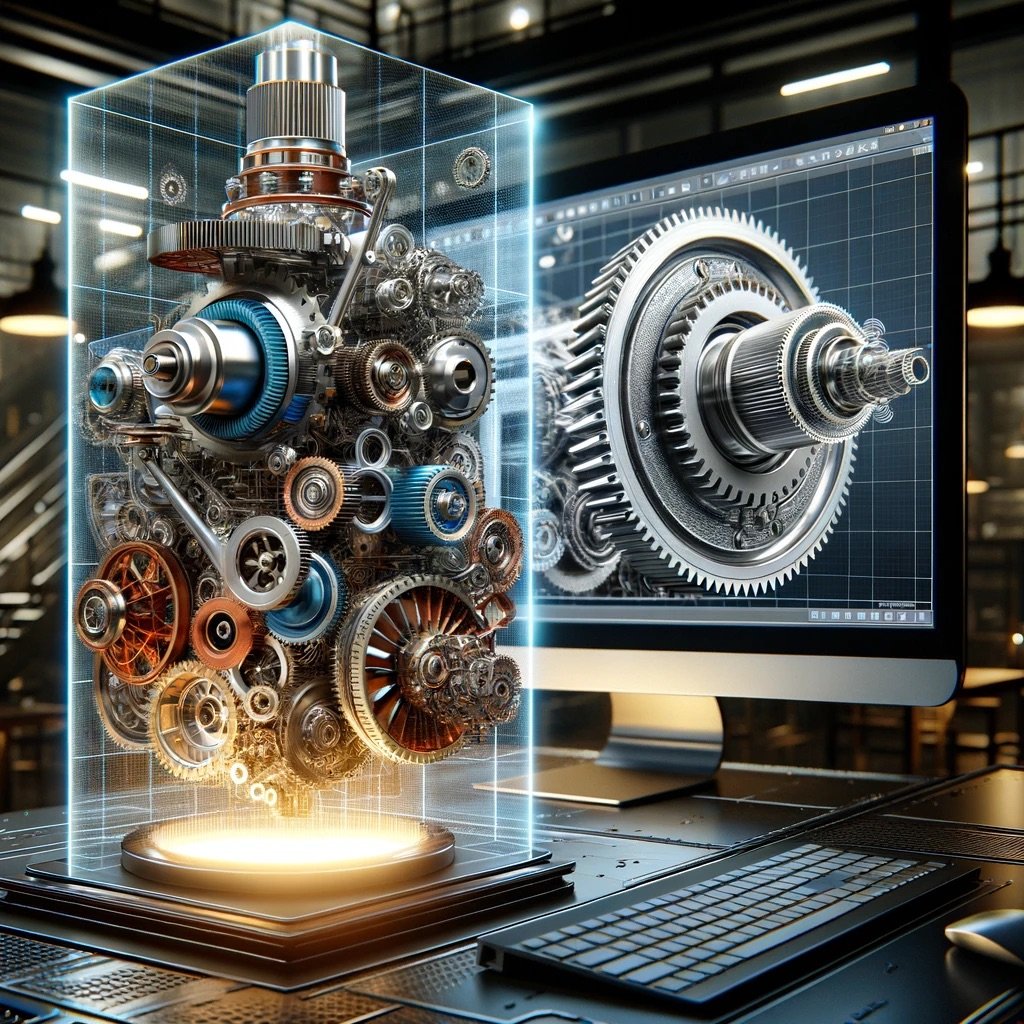
Digital Twins: A Physical Counterpart in the Digital World
With the rapid advancement of technology including artificial intelligence (AI), the concept of digital twins is having a big impact across various industries. A digital twin is a virtual representation of a physical object, system, process or person that accurately mirrors its real-world counterpart in real-time. Imagine a virtual replica of a machine, building, an entire city, or even a person that constantly updates to reflect its real-world counterpart. That's the essence of a digital twin.

Enhancing Cybersecurity with AI: Detecting and Preventing Threats in Real-Time
Businesses are increasingly turning to artificial intelligence (AI) to enhance their real-time cybersecurity measures. As cyber threats continue to evolve and become more sophisticated, traditional security methods often struggle to keep pace. By leveraging AI, organizations can bolster their defenses and respond more effectively to potential threats.

TinyML: Portable, Low Cost, Low Power Machine Learning
Tiny Machine Learning (TinyML), is an emerging field in machine learning that focuses on developing and deploying machine learning models on small, low-power microcontrollers and devices. These devices typically operate on less than one megawatt of power and are designed to function for extended periods without needing a battery replacement or other functional elements.

From Unstructured Data to Business Insight with AI
In the digital age, businesses generate and collect vast amounts of unstructured data from various sources like social media, customer reviews, emails, and multimedia content. Unstructured data refers to information that doesn't follow a predefined format or structure, making it difficult to analyze and utilize effectively. Modern businesses are swimming in a sea of unstructured data, and it comes from a wide range of sources… Businesses can unlock valuable insights and make data-driven decisions by transforming this unstructured data into a structured, usable format. Overcoming these hurdles is an ongoing effort, but businesses are increasingly turning to AI and machine learning (ML) tools to help them unlock the potential of unstructured data.
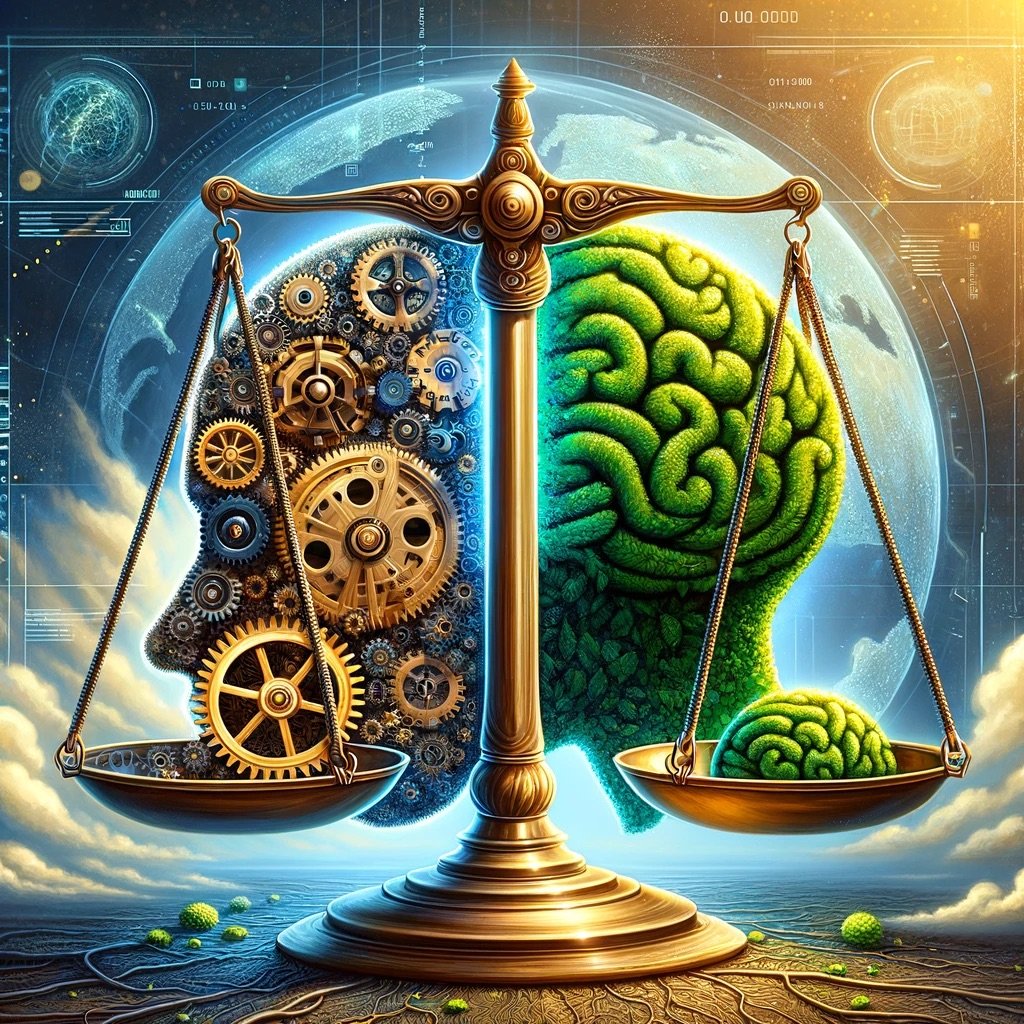
Ethical AI: Balancing Innovation with Responsibility in Business Strategy
As artificial intelligence (AI) continues to advance at an astonishing pace, businesses increasingly integrate AI technologies into their strategies to drive innovation, optimize processes, and gain a competitive advantage. However, as AI becomes more sophisticated and ubiquitous, it is crucial for organizations to consider the ethical implications of their AI-driven decisions and actions. Balancing the pursuit of innovation with the responsibility to develop and deploy AI systems in an ethical manner is a complex challenge that requires careful consideration and proactive measures.

Adobe Summit - Digital Experience Conference 2024
Just wrapped! The 2024 Adobe Summit in Las Vegas has concluded, leaving attendees buzzing with insights on the latest trends and innovations in digital experience (DX). This year's conference major focus was on empowering businesses to create seamless and personalized customer journeys. A premier event for digital marketing and customer experience professionals, the conference was a blend of in-person and virtual experiences, catering to a global audience of industry leaders, innovators, and practitioners. Held in Las Vegas from March 25 to 28, 2024, the summit showcased digital marketing, customer experience management, and the transformative potential of generative AI technologies.

Managing Enterprise Information
Companies generally struggle with collecting, storing, managing, discovering and distributing enterprise information. Knowledge management solutions have been around for many years, yet have mostly fallen short of a full solution for use across the business. There are many reasons for it, and we’ll take a look at those reasons and how to overcome them, but overall the problem gets worse every year, as every business has more and more information to deal with.

Automating Data Entry: Saving Time and Reducing Errors with AI-Powered OCR
AI-powered Optical Character Recognition (OCR) is an advanced form of traditional OCR technology, which is designed to convert different types of documents, such as scanned paper documents, PDF files or images captured by a digital camera, into editable and searchable data. What sets AI-powered OCR apart from traditional OCR is its use of artificial intelligence, machine learning, and deep learning algorithms to improve the accuracy and efficiency of text recognition, even in cases where the document quality is poor or the text is displayed in complex layouts.
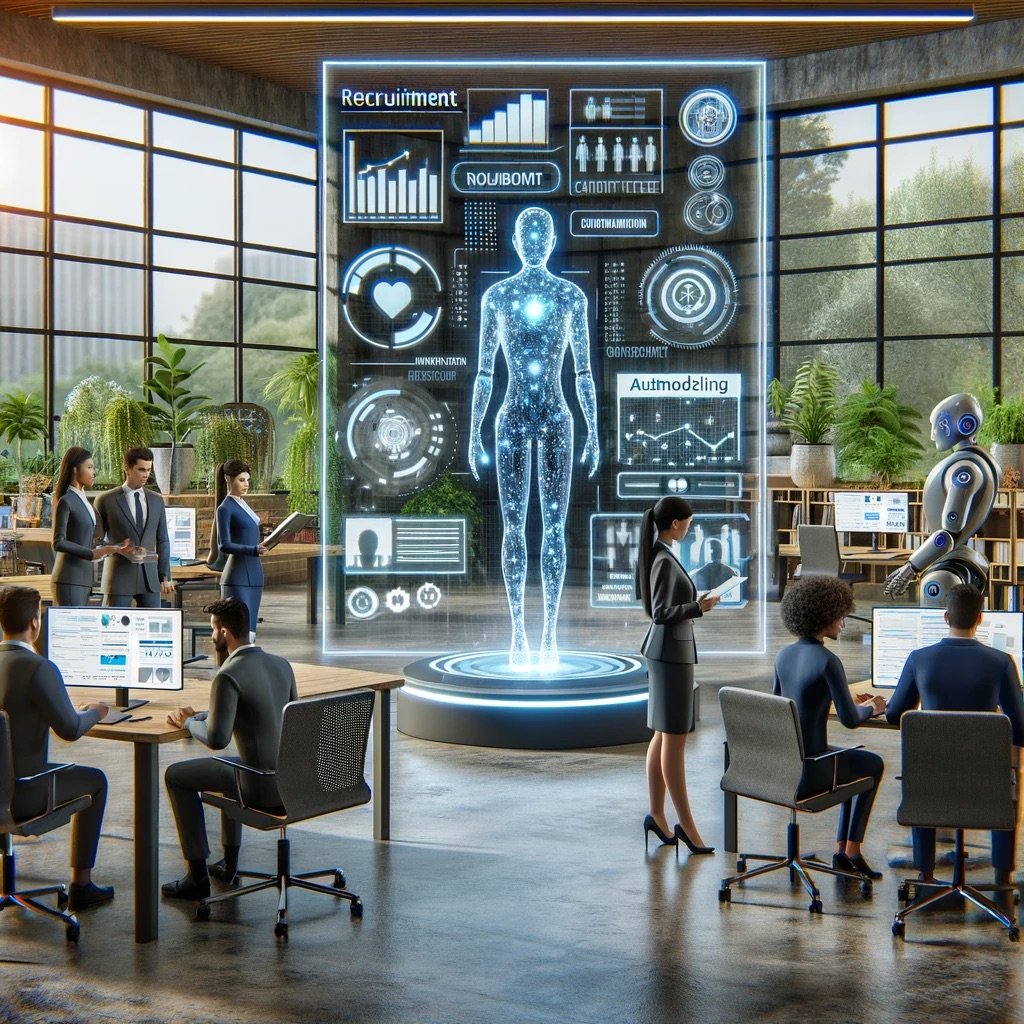
AI and Automation in HR: Streamlining Recruitment and Onboarding Processes
Finding the right people and welcoming them into your company is a fundamentally human task. It might seem strange then, that technology can play such a large role. However, AI and automation hold the power to free HR teams from the mundane, repetitive tasks that eat up their time. This gives them the space to focus on strategic initiatives and create a truly exceptional candidate and employee experience.
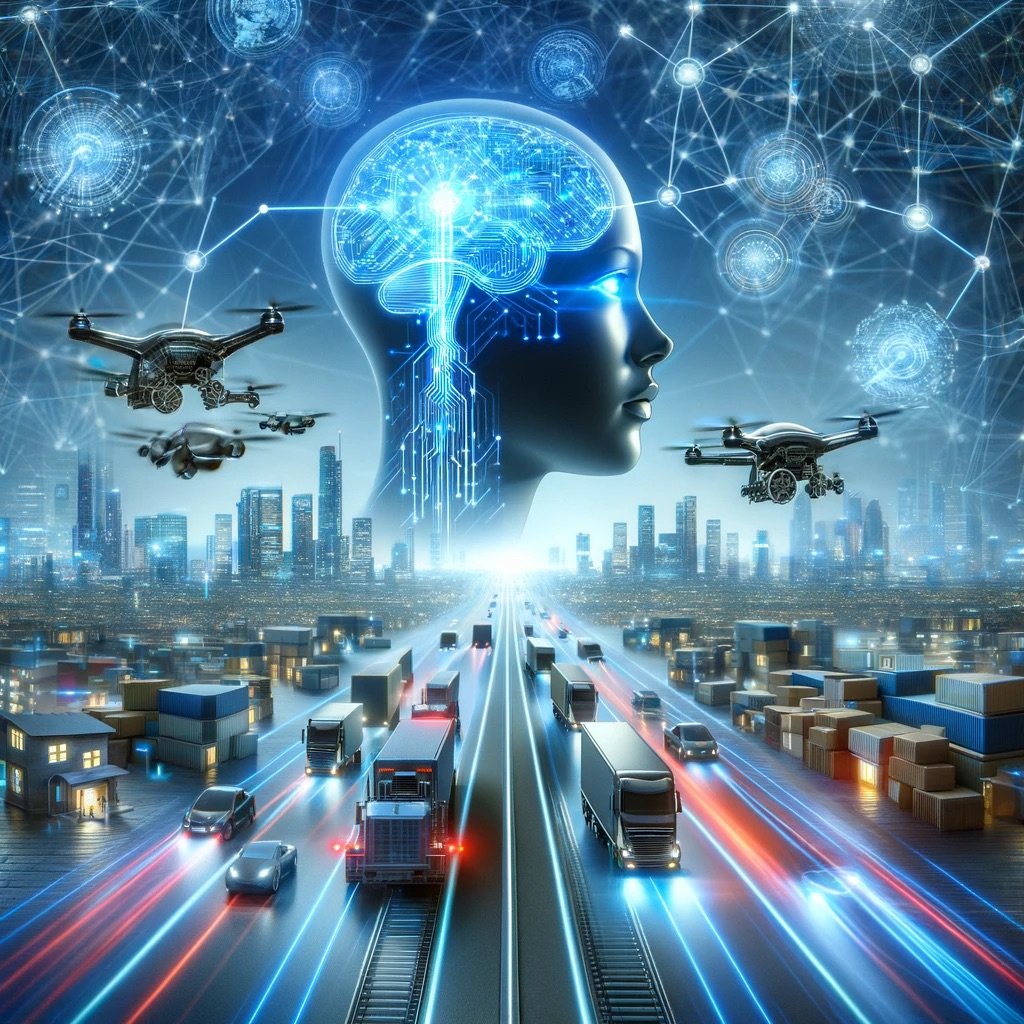
AI-Driven Supply Chain Optimization: Reducing Costs and Improving Efficiency
The lessons learned during the COVID-19 pandemic, particularly in today's globalized economy, highlighted the fact that supply chain management is a critical factor in determining the success and profitability of businesses across various industries. As companies strive to remain competitive, they are increasingly turning to artificial intelligence (AI) to optimize their supply chain operations. AI-driven solutions offer the potential to revolutionize supply chain management by reducing costs, improving efficiency, and enhancing decision-making processes.
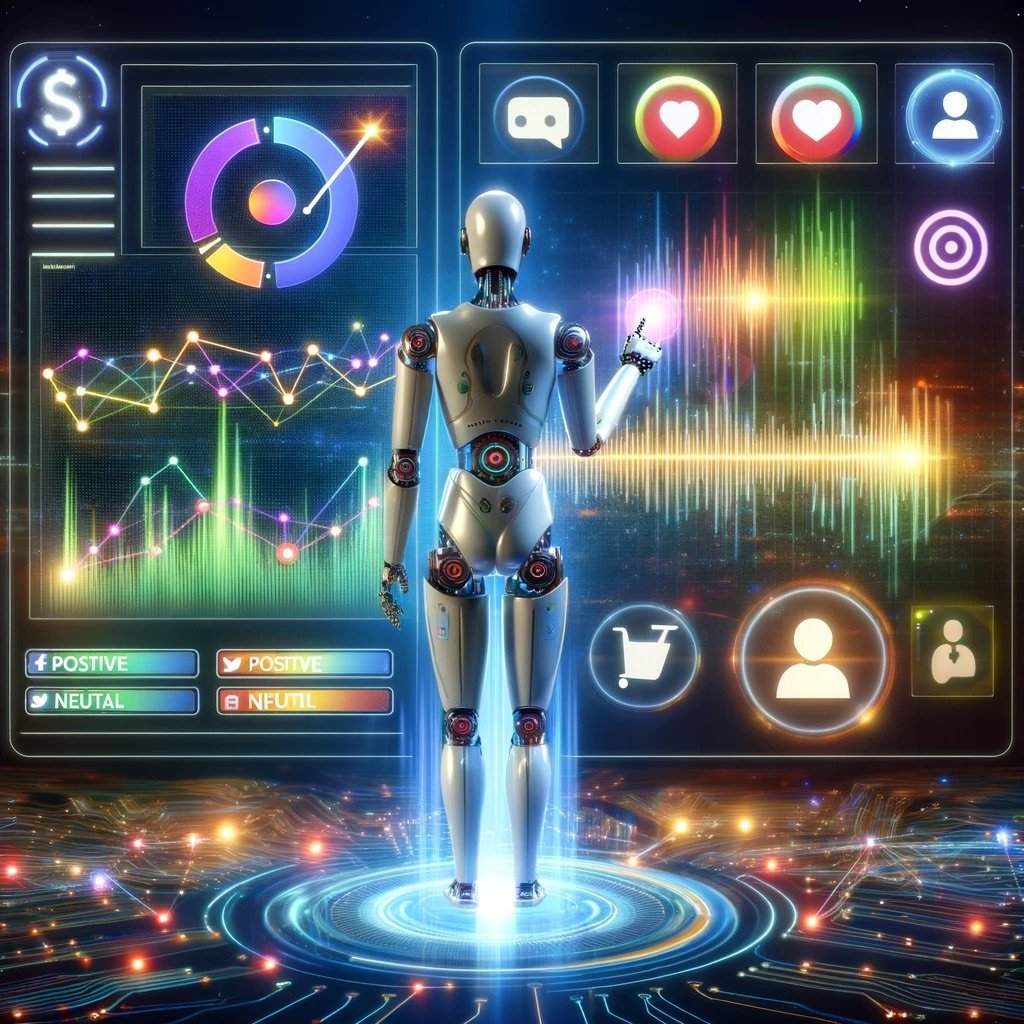
AI-Powered Sentiment Analysis: Gaining Insights from Customer Feedback and Reviews
AI-powered sentiment analysis can be a powerful tool for companies to gain valuable insights from customer feedback and reviews. The core technology behind AI-powered sentiment analysis is Natural Language Processing (NLP), a subfield of artificial intelligence (AI) that focuses on enabling computers to understand, interpret, and generate human language.
